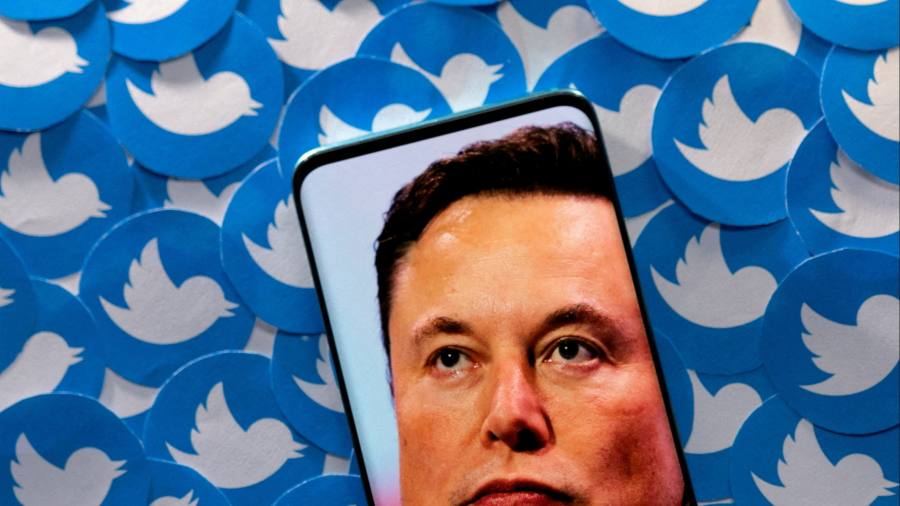
Elon Musk wants Twitter to become a lot more than a bird logo and a blue check mark. The self-proclaimed “Chief Twit” wants to transform the social media platform into a super app. He has already taken some steps in that direction. Twitter last week filed registration paperwork that would allow it to process payments.
Musk can get in line. Plenty of big US tech companies, with deeper pockets and bigger customer bases are trying to do the same thing — with little success.
His inspiration is Tencent’s WeChat. In China, the app is used for everything from messaging and gaming to food delivery and paying the rent. Moreover, it has some 1.3bn users. Twitter has just 238mn daily ones. But the conditions that gave rise to WeChat in China are unique and impossible to replicate in the US.
WeChat launched in 2011 just as smartphone sales in China were taking off. Most people who had never had a computer or internet connection at home skipped straight to the web via mobile phone. Limited foreign competition enabled WeChat to thrive. On top of this, WeChat also has strong support from Beijing, which sees it as a way to connect digitally with (or, depending on your point of view, keep tabs on) the country’s 1.4bn citizens.
In the US, consumers have long relied on different apps for different functions: e.g. WhatsApp for messaging; Venmo for payments; and Spotify for music. Creating a super app in the US would require overcoming entrenched consumer behaviours. Twitter must convince users of the merit of having all their personal data tracked by one app, no small feat when trust in Big Tech has deteriorated.
Twitter’s small user base already must play catch-up to bigger rivals. Facebook boasts nearly 2bn daily users and PayPal has over 430mn active accounts. Meanwhile, less than a fifth of Twitter users are US-based. Musk said Twitter “will do lots of dumb things in coming months”. His super app ambitions may well be one of them.
Our popular newsletter for premium subscribers is published twice weekly. On Wednesday we analyse a hot topic from a world financial centre. On Friday we dissect the week’s big themes. Please sign up here.